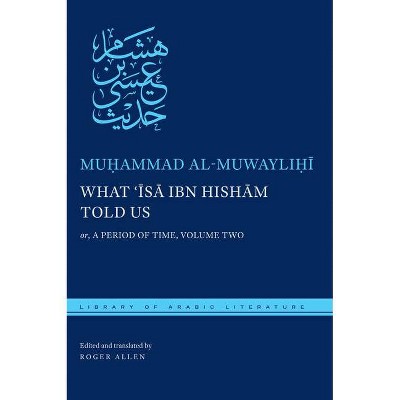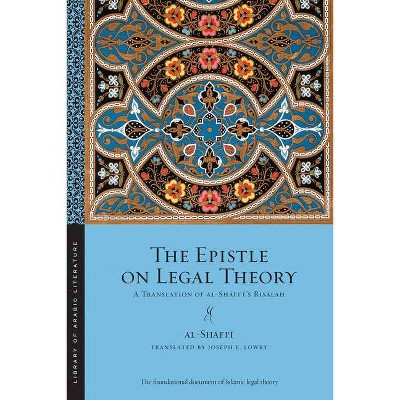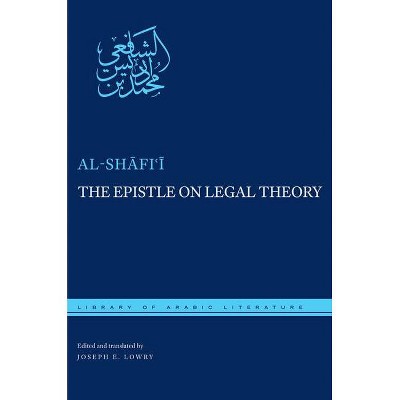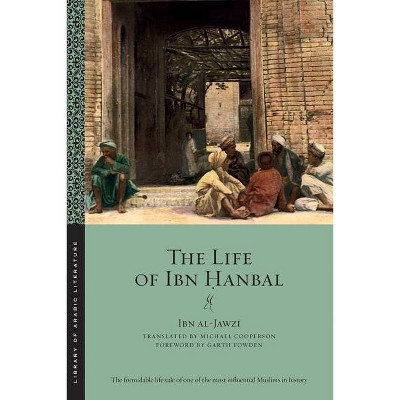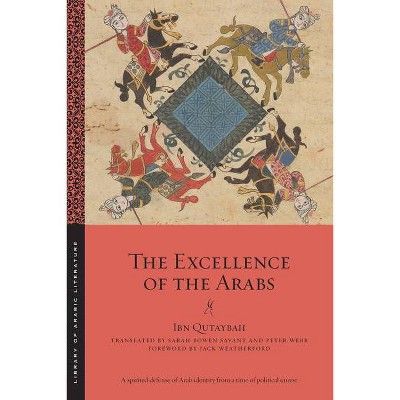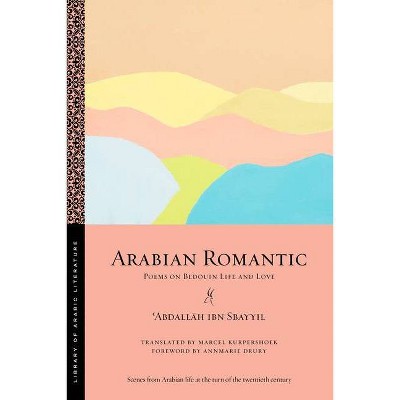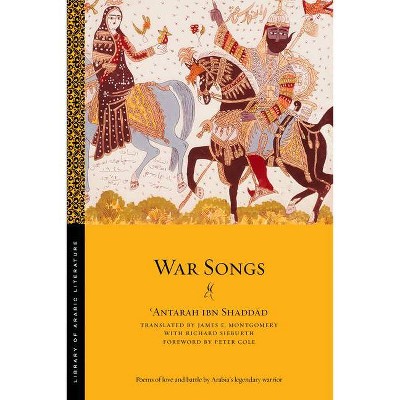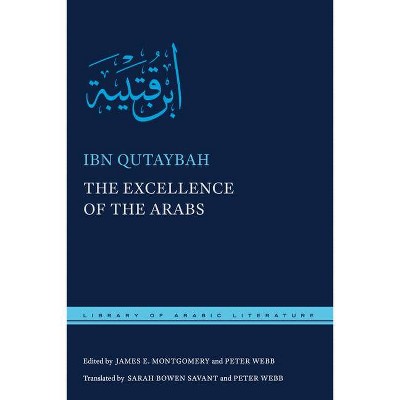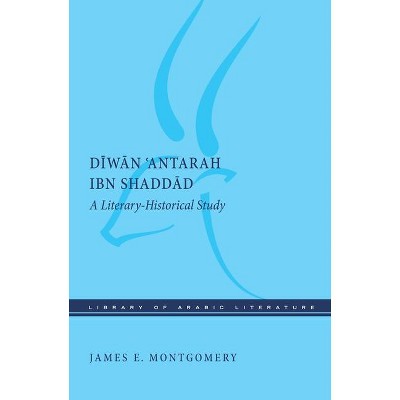What ʿĪsā Ibn Hishām Told Us - (Library of Arabic Literature) by Muhammad Al Muwaylihi (Paperback)
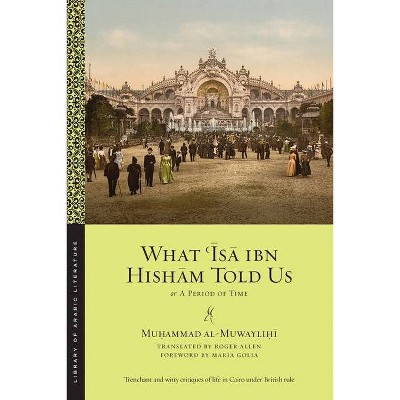
Similar Products
Products of same category from the store
AllProduct info
<p/><br></br><p><b> Book Synopsis </b></p></br></br><p><b>Trenchant and witty critiques of life in Cairo under British rule<br></b><br><i>What 'Isa ibn Hisham Told Us </i>is a masterpiece of early twentieth-century Arabic prose. Penned by the Egyptian journalist Muhammad al-Muwaylihi, this highly original work was first introduced in serialized form in his family's pioneering newspaper <i>Misbah al-Sharq</i> (<i>Light of the East</i>) and later published in book form in 1907. Widely hailed for its erudition and mordant wit, <i>What 'Isa ibn Hisham Told Us</i> was embraced by Egypt's burgeoning reading public and soon became required reading for generations of school students. <p/>Bridging classical genres and modern Arabic fiction, <i> What 'Isa ibn Hisham Told Us </i>is divided into two parts. Sarcastic in tone and critical in outlook, the first part of the book relates the excursions of its narrator, 'Isa ibn Hisham, and his companion, the Pasha, through a rapidly westernizing Cairo and provides vivid commentary on a society negotiating-however imperfectly-the clash between traditional norms and imported cultural values. The second half takes the narrator to Paris to visit the Exposition Universelle of 1900, where al-Muwaylihi casts a critical eye on European society, modernity, and the role of Western imperialism as it ripples across the globe. <p/>Paving the way for the modern Arabic novel, <i>What 'Isa ibn Hisham Told Us</i> is invaluable both for its insight into colonial Egypt and its pioneering role in Arabic literary history. <p/>An English-only edition.</p><p/><br></br><p><b> Review Quotes </b></p></br></br><br>[Allen's] craftsmanship is on full display in these magisterial translations . . . of supreme literary complexity.-- "Journal of Arabic Literature"<br><br>Has a compelling charm--humane, earnest, observant, and erudite.-- "Journal of the American Oriental Society"<br><br>While illustrating his novel with local examples from that time, al-Muwaylihi's effective critique is as broad and relevant as much classical Western satire; surprisingly much of it feels very modern, the various arguments and examples easily imaginable in contemporary settings . . . A cohesive (and still very far-reaching) work that also offers a lot of entertainment value. It's an enjoyable read, with some great anecdotes and very funny scenes and a lot of interesting arguments.-- "The Complete Review"<br><p/><br></br><p><b> About the Author </b></p></br></br><b>Muhammad al-Muwaylihi (Author) </b><br> <b>Muḥammad al-Muwayliḥī </b>(1274-1348/1858-1930) was an Egyptian writer and political journalist, a career that he shared with his prominent father, Ibrāhīm al-Muwayliḥī, with whom he also published the reputable and incisive newspaper<i> Miṣbāḥ al-Sharq </i>(<i>Light of the East</i>). Other notable works include <i>Critique of Shawqī's Collected Poems </i>and <i>Cure for the Soul</i>. <p/><b>Maria Golia (Foreword by) </b><br> <b>Maria Golia</b> is a Cairo-based journalist and the author of<i> Cairo: City of Sand and Photography and Egypt.</i> <p/><b>Roger Allen (Translator) </b><br> <b>Roger Allen </b>retired in 2011 from his position as the Sascha Jane Patterson Harvie Professor at the University of Pennsylvania, where he served for forty-three years as Professor of Arabic and Comparative Literature. He is the author and translator of numerous publications on Arabic literature, modern fiction and drama, and language pedagogy. <p/>
Price History
Price Archive shows prices from various stores, lets you see history and find the cheapest. There is no actual sale on the website. For all support, inquiry and suggestion messagescommunication@pricearchive.us
